Zhao Qiguang: A 'Marco Polo' from China
Updated: 2015-04-10 11:48
By Hua Shengdun in Washington(China Daily USA)
|
||||||||
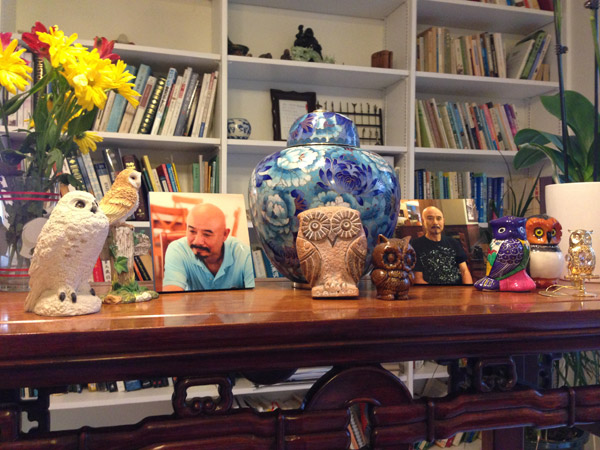 |
|
The favorite night-owl puppets of Zhao's wife's resting on his desk, which he bought for her every time he traveled. |
Growing up in China
Zhao was born on March 14, 1948, in Beijing. Unlike his two older brothers, he spent most of his childhood in Tianjin in North China, and the city of cultural richness may have influenced Zhao's passion for literature and cultural studies.
Zhao's parents graduated from prominent universities: his father, Zhao Jingyuan, from Yenching University, and his mother from Beijing Normal University.
Among the five members of Zhao's family, four studied physics. His parents were physics professors at Nankai University in Tianjin; his two brothers studied nuclear physics and laser physics. Zhao Qizheng, his older brother, is the former chairman of Foreign Affairs Committee of The Chinese People's Political Consultative Conference (CPPCC) and former minister of the State Information Office. He is dean of the school of journalism at Renmin University.
"Although his parents excelled at science, they nevertheless were talented in the arts, especially Chinese classical literature," Zhao's wife Zhang Litao told China Daily. "His mother even liked to compose poems in classical Chinese."
His parent's literary interest was demonstrated by the names they gave their children. The eldest son is Qizheng; the second, Qida. Their children are all named with a character in common: Ming. While "Qi" is the generation name, "Zheng Da Guang Ming", if joined together, is a Chinese idiom, meaning "to be open-minded, above board, and conscientious".
"Just like his name 'Guang' (meaning 'light'), he always brought light to people. Wherever he went, there would be light," Zhang said.
Schooling was suspended during China's "cultural revolution" (1966-1976). It was a time when the prevailing view was that pursuing knowledge was useless, but not to Zhao's mother. "She said I should study hard, because the university would reopen in the foreseeable future," Zhao said in a 2010 interview on a TV talk show.
Educated and inspired by his literary family, Zhao learned English and literature by reading extensively during the "cultural revolution". His family secretly kept many books on literature and science, which avoided confiscation by the Red Guards.
"My mother told me not to answer the door when the Red Guards came," he said. "We just sat behind those book shelves (pretending we were not at home), and never opened the door. Occasionally they would burst in. Only seeing those books, they turned back and left. I guess they were kind of lazy."
Zhao also kept a diary, which was not encouraged at the time. But he encoded his entries by separating sentences into fragments and putting words in a page's margins. He also wrote in English, making it less understandable by others. "Even I couldn't recognize them later," said Zhao.
When Zhao worked at a Tianjin-based electronics shop, he didn't give up self-education. "At that time, English was not a big deal for me. I also knew history and international affairs well," he said. "I used to borrow the history textbook from my brothers."
After working in Tianjin, he was selected as a worker-peasant-soldier student, and continued his study of English at Tianjin Normal University.
In 1978, Zhao was admitted to the Institute of Foreign Literature Studies in the Chinese Academy of Social Sciences, where he was faced with choosing between two different majors: physics or English. He chose not to follow his family's tradition of studying physics. 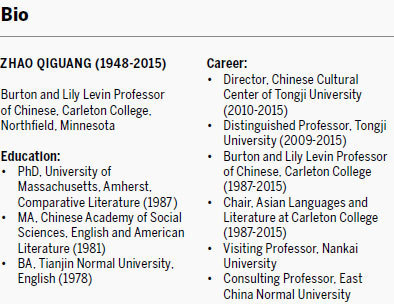
"My father was worried about my experiment skills," Zhang said jokingly on the TV show. "He thought I might burn the laboratory."
Liu Kang, director of the Duke China Research Center in Raleigh, North Carolina, and a close friend of Zhao Qiguang, described him as a "low-profile cultural ambassador".
"The humanistic concern and the values he insisted on all his life were an indispensable quality during China's rise to becoming a world leader," he added.
Liu Kang wrote in an article recalling Zhao's life that in the latter part of the 1970s college students in China preferred scientific studies."However, there were students like us devoted to humanities. We all saw our country and people's fate as our own sacred mission," he said.
Zhao became one of the first graduate students after the Cultural Revolution and the restoration of the national college entrance-examination system.
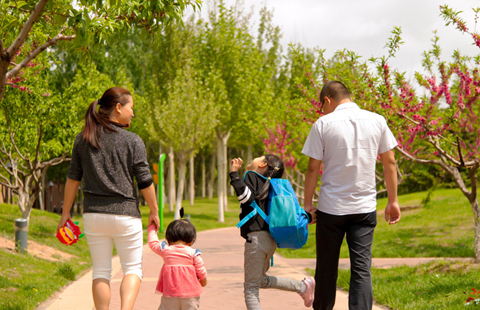
 Journey of a migrant girl from village to ad world
Journey of a migrant girl from village to ad world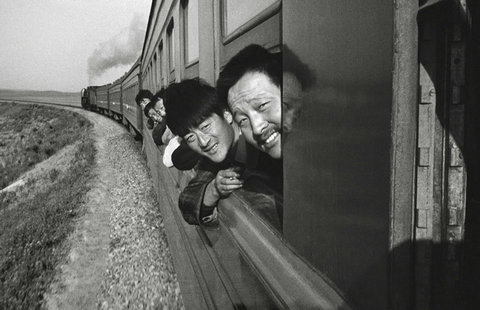
 Photographer captures Chinese on the train
Photographer captures Chinese on the train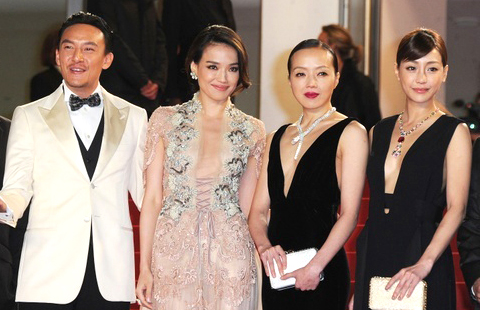
 Hou Hsiao-Hsien's The Assassin premieres in Cannes
Hou Hsiao-Hsien's The Assassin premieres in Cannes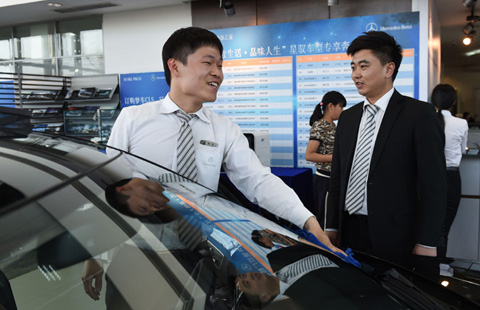
 Top 10 highest-paid white-collar jobs in China
Top 10 highest-paid white-collar jobs in China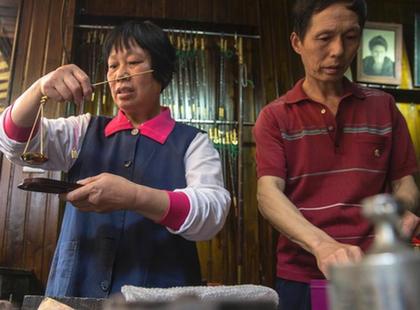
 The dying craft of balance scales
The dying craft of balance scales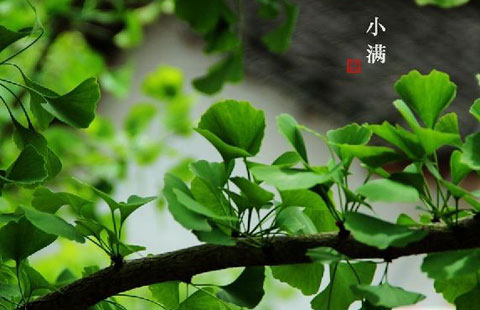
 Culture Insider: Six things you may not know about Grain Buds
Culture Insider: Six things you may not know about Grain Buds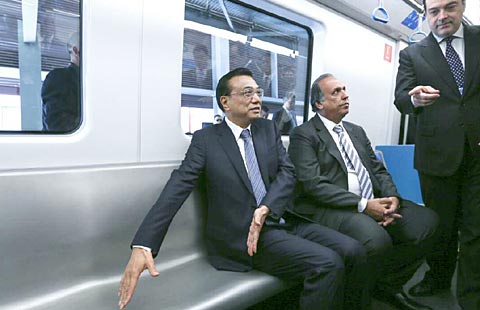
 Premier Li rides on new China-made train in Rio de Janeiro
Premier Li rides on new China-made train in Rio de Janeiro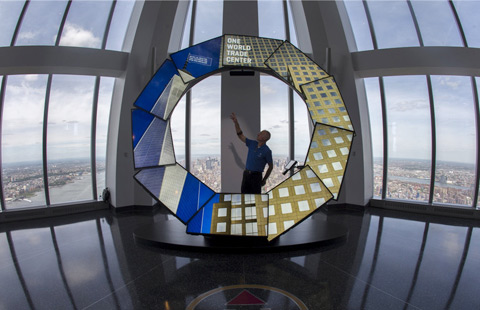
 NYC's new One World Observatory offers sweeping views of Manhattan
NYC's new One World Observatory offers sweeping views of Manhattan
Most Viewed
Editor's Picks

|

|

|

|

|

|
Today's Top News
Li: 'Great potential' for Sino-Colombian ties
Beijing responds to surveillance by US plane
Beijing sets out its rights after reports of incursion
China may have edge in race to build California's bullet train
US Senate votes to move forward fast-track trade legislation
Colombia runs into infrastructure bumps on road to prosperity
Premier Li arrives in Bogota to start official visit to Colombia
China is a global leader in renewable energy: Panel
US Weekly

|

|







